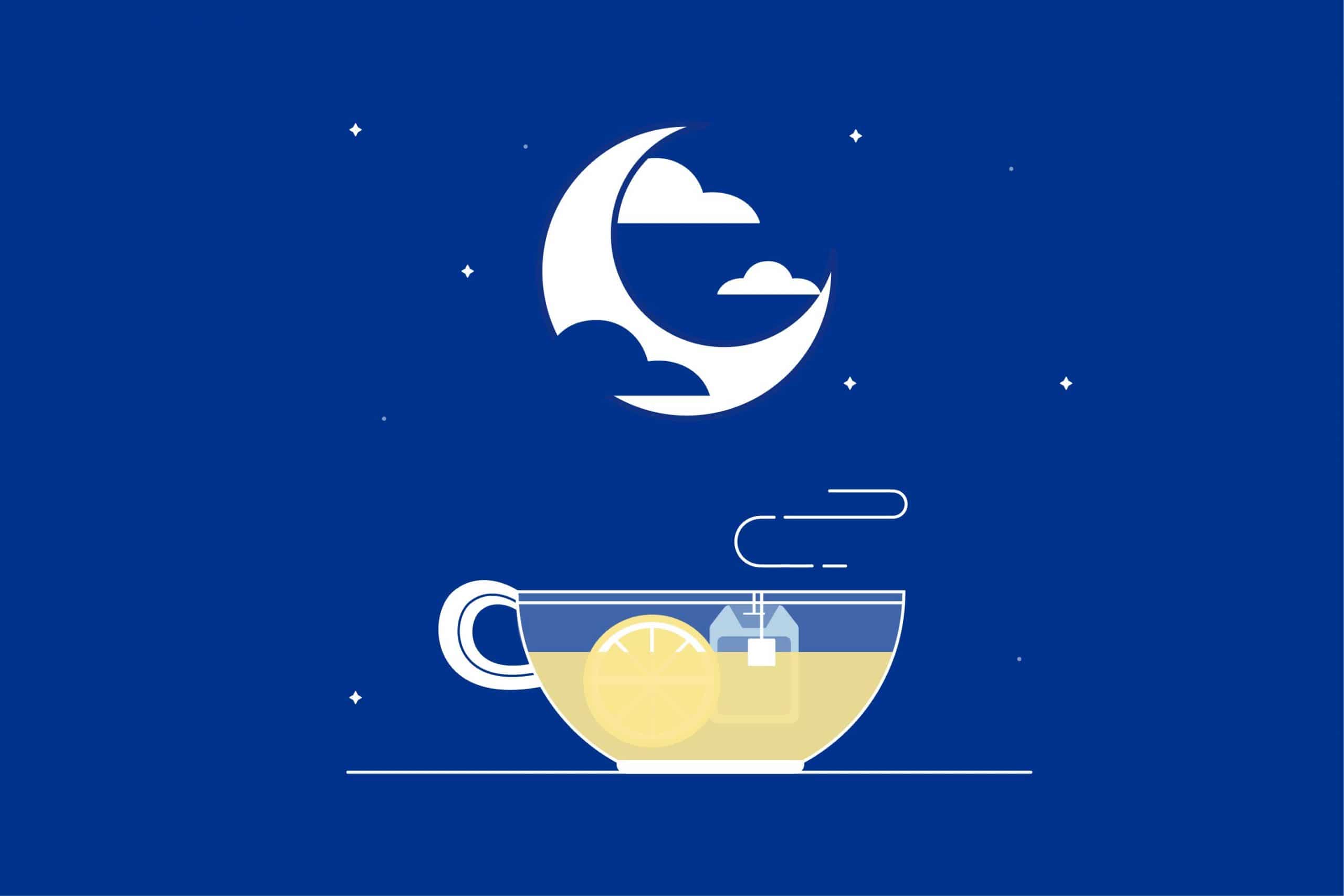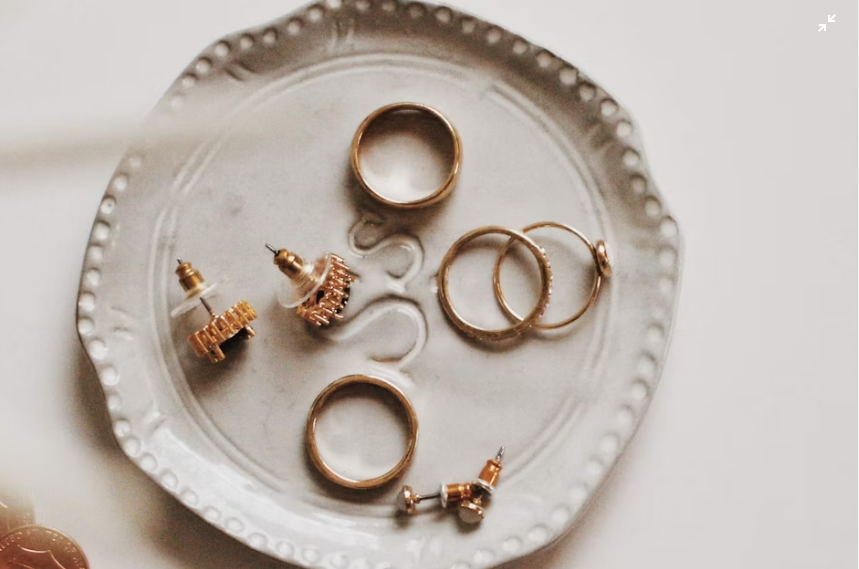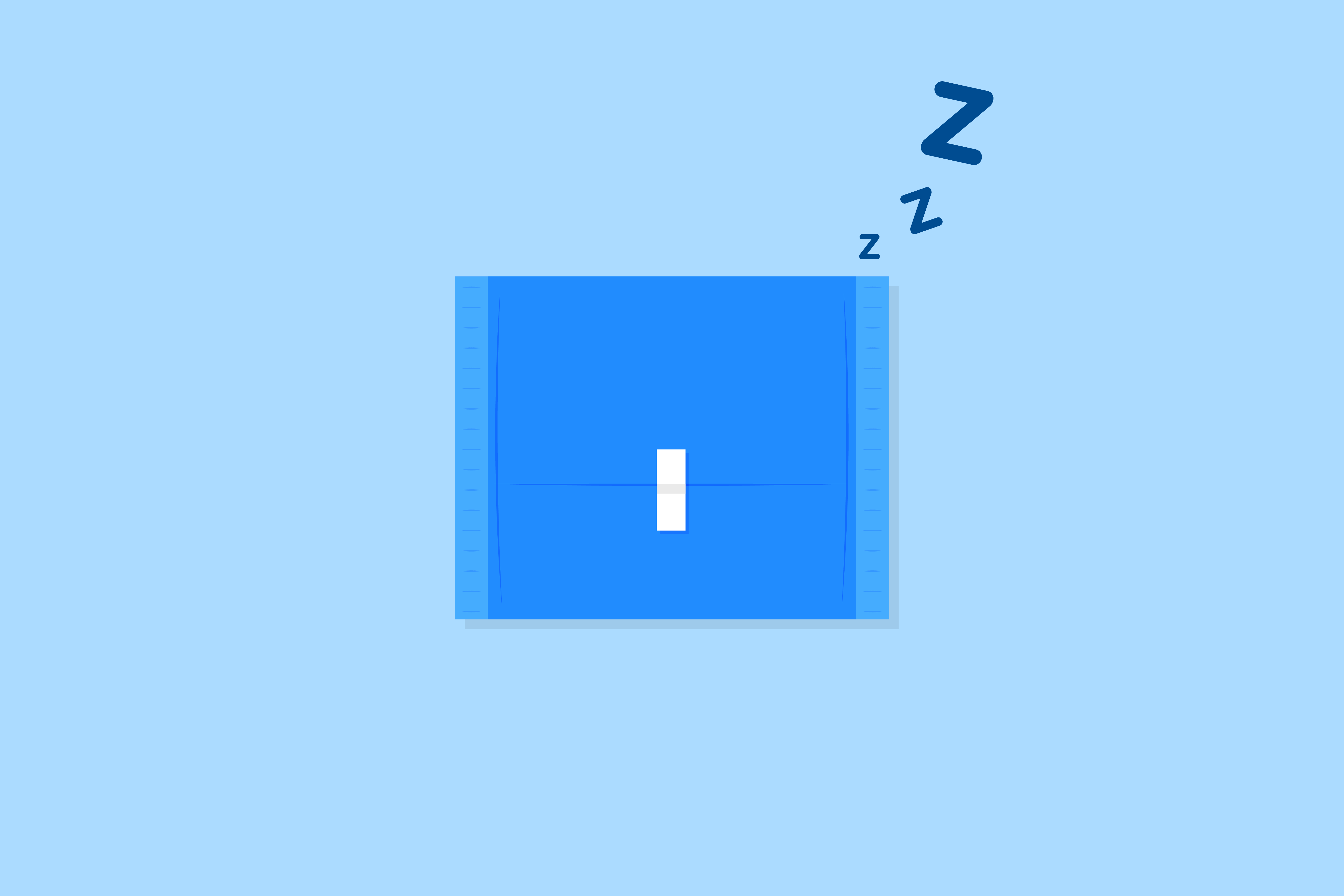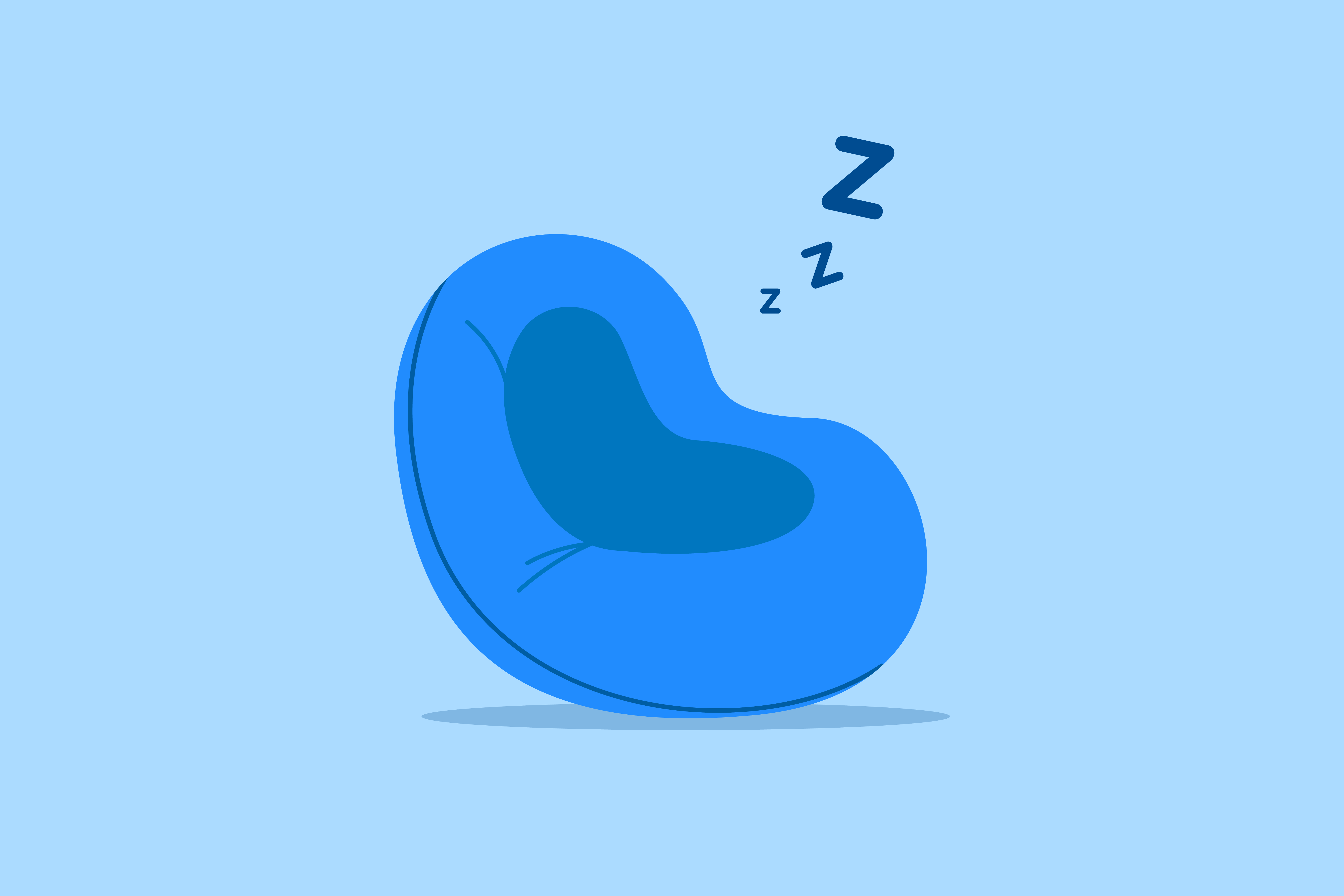Key Takeaways
- Herbal Teas for Sleep: Herbal teas like chamomile, lavender, valerian root, passionflower, lemon balm, ashwagandha, tulsi, ginger, and mint have been used for centuries to promote relaxation and improve sleep quality. These teas contain compounds that can help calm the mind and body, making it easier to fall asleep and enjoy a more restful night’s sleep.
- Timing and Temperature Matter: To get the most benefit from bedtime tea, it’s best to drink it at least 2 to 3 hours before bedtime. Drinking tea that is mildly warm or at room temperature is generally recommended, as hot or cold tea can have stimulating effects or disrupt sleep by increasing the need to use the restroom.
- Customizing Your Tea Blend: If you prefer, you can create your own personalized sleep-inducing tea blend by combining various herbs and spices. Common ingredients for a DIY blend include lavender, chamomile, ginger, lemon balm, passionflower, ashwagandha, tulsi, and mint.
Getting to sleep can be hard, especially after a long day or if you have a stressful day ahead of you. Poor sleep can lead to a variety of health conditions, including weight gain, depression, stroke, and heart diseases.
A simple way to induce sleep is by drinking tea. Tea is a natural remedy for sleeplessness and helps you wind down before bed. Many bedtime tea blends have been used since ancient times to reduce stress, help you unwind, and improve sleep quality. Teas like these aren’t a knockout drug, but they can signal to your body it’s time for bed as part of your evening routine.
When trying to sleep, avoid caffeinated teas such as black tea, green tea or matcha as they only leave you alert and unable to sleep. Instead, try caffeine-free herbal teas, which are made from all types of plants outside of the Camellia sinensis plant, from which black, green, yellow, white, and oolong teas all derive.
Also, depending on when you drink tea, it may be best to stick to just a single cup of tea. If you have a cup earlier in the evening, you can pair it with a small snack. It’s best to avoid eating late before bed to minimize acid reflux.
We review some of the 9 best teas for sleep so you can start sleeping sooner and deeper.
Chamomile Tea
Chamomile is an anti-inflammatory tea used to help with nervousness, stress, and an upset stomach. It also reduces the symptoms of insomnia and sleeplessness. Chamomile tea acts as a tranquilizer. Its sedative effects may be a result of apigenin, Verified Source National Library of Medicine (NIH) World’s largest medical library, making biomedical data and information more accessible. View source an antioxidant that relaxes the nerves and promotes sleep.
In one 2017 study, Verified Source National Library of Medicine (NIH) World’s largest medical library, making biomedical data and information more accessible. View source 60 nursing home residents ingested 400 mg of chamomile extract daily. Their sleep quality drastically improved compared to those who didn’t consume any chamomile extract.
Similarly, a 2016 study Verified Source National Library of Medicine (NIH) World’s largest medical library, making biomedical data and information more accessible. View source found that postpartum women slept better after drinking a cup of chamomile tea compared to those who did not drink chamomile tea. Please note that while chamomile tea is safe for postpartum women to consume, pregnant women should avoid drinking chamomile because it is a potential blood thinner.
During a study on individuals with chronic insomnia, one group took chamomile extract twice a day for 4 weeks, while the other group took a placebo. While there was no significant difference in sleep latency, quality, and duration, the group who had the chamomile extract noticeably improved in daytime functioning.
So, while the proven benefits of chamomile are inconclusive, several studies suggest drinking chamomile tea is worth trying. Chamomile flowers are also one of the best bedroom plants for relaxation, if you want to enjoy its smell without ingestion.
Lavender Tea
Lavender tea not only smells fantastic, but it’s also great for inducing sleep. Ancient Roman and Greek societies first used lavender in their baths to help them unwind.
Silexan, a type of lavender essential oil, may help decrease anxiety, Verified Source National Library of Medicine (NIH) World’s largest medical library, making biomedical data and information more accessible. View source reduce stress, Verified Source National Library of Medicine (NIH) World’s largest medical library, making biomedical data and information more accessible. View source and improve sleep quality. In a 2005 study, Verified Source National Library of Medicine (NIH) World’s largest medical library, making biomedical data and information more accessible. View source researchers found that even sniffing lavender oil increased the time participants spent sleeping.
In another 2012 study, Verified Source National Library of Medicine (NIH) World’s largest medical library, making biomedical data and information more accessible. View source women who struggled with insomnia noticed improvements in their sleep after inhaling lavender for 20 minutes twice a week for 12 weeks. Along with that, researchers found the women had slower and consistent heart rates after introducing lavender aromatherapy.
Lavender is potentially more effective in women than in men. During a 2015 study Verified Source National Library of Medicine (NIH) World’s largest medical library, making biomedical data and information more accessible. View source on sleep-deprived postnatal women, women who drank a cup of lavender tea nightly for two weeks were less fatigued. After they stopped drinking lavender tea, their fatigue reappeared.
Valerian Root Tea
Valerian root has been used since the second century to treat anxiety, Verified Source National Library of Medicine (NIH) World’s largest medical library, making biomedical data and information more accessible. View source headaches, insomnia, and improve sleep quality as a whole. Valerian root also comes in capsules and liquid form instead of only tea leaves.
It’s not quite clear how valerian root functions, but scientists believe it increases the neurotransmitter gamma-aminobutyric acid (GABA). GABA receptors increase sleepiness and act similarly to certain anti-anxiety medications. Verified Source National Library of Medicine (NIH) World’s largest medical library, making biomedical data and information more accessible. View source
Valerian tea has a variety of studies Verified Source National Library of Medicine (NIH) World’s largest medical library, making biomedical data and information more accessible. View source supporting it as a sleep aid. It also doesn’t come with the negative side effects Verified Source National Library of Medicine (NIH) World’s largest medical library, making biomedical data and information more accessible. View source of using sleep medications or supplements. However, since valerian root can potentially interfere with certain medications, talk to your doctor before drinking valerian root tea regularly.
Passionflower Tea
Passionflower tea is brewed from the leaves, flowers, and stems of the Passiflora plant.
Passionflower increases GABA Verified Source National Library of Medicine (NIH) World’s largest medical library, making biomedical data and information more accessible. View source in the brain to promote relaxation, a good mood, and improved sleep quality. It can also help treat symptoms Verified Source National Library of Medicine (NIH) World’s largest medical library, making biomedical data and information more accessible. View source of a generalized anxiety disorder without as many side effects as other treatments.
During a 2011 study Verified Source National Library of Medicine (NIH) World’s largest medical library, making biomedical data and information more accessible. View source on healthy adults, the 40 participants noted drastically better subjective sleep quality after drinking one cup of passionflower tea for one week compared to the control group.
A 2013 study Verified Source National Library of Medicine (NIH) World’s largest medical library, making biomedical data and information more accessible. View source suggests that passionflower tea is as effective at improving sleep quality as some prescription sedatives for insomnia.
Lemon Balm Tea
Lemon balm is a citrus-scented relaxing tea, but is part of the mint family. While it’s most commonly sold as an oil extract, lemon balm leaves are also dried and seeped to be used as sleepy teas. Lemon balm has been used since the Middle Ages to reduce restlessness and promote deeper sleep.
In a 2011 medical study, Verified Source National Library of Medicine (NIH) World’s largest medical library, making biomedical data and information more accessible. View source , lemon balm increased GABA levels in mice, suggesting that lemon balm may have a mild sedative effect. However, since this study was conducted on mice, it’s unknown how this translates to humans.
Still, another study Verified Source National Library of Medicine (NIH) World’s largest medical library, making biomedical data and information more accessible. View source on human participants showed participants slept better after ingesting 600mg of lemon balm extract daily for two weeks.
Ashwagandha Tea
Formally known as Withania somnifera, ashwagandha has been used for centuries Verified Source National Library of Medicine (NIH) World’s largest medical library, making biomedical data and information more accessible. View source in Ayurvedic medicine to promote relaxation and calmness. It’s been used as a traditional sleep aid for a long time, and recent research does back up its effects.
One 2020 double-blind study Verified Source National Library of Medicine (NIH) World’s largest medical library, making biomedical data and information more accessible. View source that an Ashwagandha root extract supplement significantly improved sleep in a group of 40 subjects. This improvement was more significant in those prone to insomnia than in individuals with already healthy sleep patterns.
Another 2022 study Verified Source National Library of Medicine (NIH) World’s largest medical library, making biomedical data and information more accessible. View source examined Ashwagandha extract’s effect on Swiss albino mice, noting how it affected slow-wave sleep cycles.
However, a 2021 review Verified Source National Library of Medicine (NIH) World’s largest medical library, making biomedical data and information more accessible. View source concluded that while there is data supporting its sleep-improving qualities, added that “data on the serious adverse effects of Ashwagandha extract are limited, and more safety data would be needed to assess whether it would be safe for long-term use.”
Tulsi Tea
Tulsi tea, also known as Basil tea, is an herbal infusion made from the leaves of the Tulsi plant (Ocimum tenuiflorum). Like ashwagandha, tulsi has been used in Ayurvedic medicine for centuries Verified Source National Library of Medicine (NIH) World’s largest medical library, making biomedical data and information more accessible. View source and is known for its numerous health benefits.
Tulsi tea is often referred to as an adaptogen, meaning it helps the body adapt and respond better to stress (another such adaptogen is ginseng). Chronic stress can significantly impact sleep quality and duration. Tulsi tea may help reduce stress by regulating cortisol levels, a hormone associated with stress response. The herb has similarly been used to relieve anxiety. By promoting a sense of calm and relaxation, Tulsi helps the body prepare for restful sleep.
A 2017 review Verified Source National Library of Medicine (NIH) World’s largest medical library, making biomedical data and information more accessible. View source indicates that despite the need for further clinical evaluation, tulsi has shown potential in normalizing glucose, blood pressure, and lipid profiles, managing stress, and potentially preventing or reducing various health conditions. Another 2022 study Verified Source National Library of Medicine (NIH) World’s largest medical library, making biomedical data and information more accessible. View source found that tulsi supplementation in stressed adults experiencing poor sleep improved perceived stress and sleep quality, and reduced the stress response, suggesting its potential as a natural remedy for stress and sleep-related issues.
Ginger Tea
Ginger root Verified Source National Library of Medicine (NIH) World’s largest medical library, making biomedical data and information more accessible. View source has been used to naturally ease many ailments, though further study is still needed to fully understand it’s potential health benefits. Still, ginger tea can have a soothing effect on the body, making it a perfect bedtime companion. When you sip this warm elixir, its natural compounds ease away any tension or restlessness that may be keeping you wide-eyed.Ginger tea has also been praised for its ability to combat indigestion or nausea and soothe an upset stomach. And we all know that a grumbling belly can often be the culprit behind those unsettling dreams or even just have you wake up to a fart while you sleep. By sipping on this delightful tea before bedtime, you’re helping to settle your stomach, ensuring a peaceful journey through dreamland.
Plus, ginger’s natural anti-inflammatory powers Verified Source National Library of Medicine (NIH) World’s largest medical library, making biomedical data and information more accessible. View source help reduce any swelling or irritation in your body, allowing you to find your ideal sleeping position without discomfort. So whether you’re a back sleeper, a side snuggler, or a starfish sprawler, ginger tea has got your back (and your side, and your front)!
As an added bonus, some ginger tea blends include lemon grass, which has been found Verified Source National Library of Medicine (NIH) World’s largest medical library, making biomedical data and information more accessible. View source to decrease blood pressure and could potentially help with hypertension.
Mint Tea
Mint tea is a broad term—as we noted, lemon balm is actually a type of mint tea. However, most people will likely think of either peppermint or spearmint tea.
Peppermint tea is well-known for its refreshing and invigorating aroma. A 2020 study Verified Source National Library of Medicine (NIH) World’s largest medical library, making biomedical data and information more accessible. View source found that peppermint essential oil could significantly help cancer patients sleep better, with another group experiencing similar improvements with lavender aromatherapy.
The peppermint leaves contain menthol, a compound that acts as a natural muscle relaxant and may help alleviate tension. Peppermint tea is also known as a symptomatic treatment for digestive issues. Verified Source National Library of Medicine (NIH) World’s largest medical library, making biomedical data and information more accessible. View source
A recent 2021 study Verified Source National Library of Medicine (NIH) World’s largest medical library, making biomedical data and information more accessible. View source study has found that the combination of white tea and peppermint may have significant antibacterial and anti-inflammatory effects. However, as white tea is a caffeinated tea, we cannot suggest it as a bedtime drink.
Spearmint tea, on the other hand, offers a milder and slightly sweeter taste compared to peppermint tea. The effects of spearmint on sleep and other conditions Verified Source Medline Plus Online resource offered by the National Library of Medicine and part of the National Institutes of Health. View source have not been as well-studied as peppermint. But if you find peppermint tea is too strong for your tastes, it may be worth it to give spearmint a try.
Should I Drink Iced Tea or Hot Tea?
Neither, actually. To promote better sleep, it is generally recommended to drink tea that is mildly warm or at room temperature, rather than hot or cold.
When you drink warm or room-temperature tea, it can have a calming effect on your body and help you relax before bedtime. The soothing warmth of the tea can be comforting and aid in the winding down process, a beverage you sip duirng a relaxing bedtime activity like an at-home spa night. Plus, a warm cup of tea can help to alleviate any tension or stress in your body, which can help you fall asleep.
On the other hand, drinking hot tea right before bed may not be the best idea. The high temperature of the tea can increase your body temperature and make it harder for you to fall asleep fast. It can also lead to more frequent bathroom trips during the night, disrupting your sleep cycle.
Similarly, drinking cold tea you pull out of a bedroom mini fridge may not be the most beneficial for sleep. Cold beverages can have a stimulating effect on the body, potentially making it more difficult to relax and fall asleep. Cold tea also has a diuretic effect, meaning it can increase urination, which can interrupt your sleep by causing you to wake up to use the bathroom.
Remember to choose herbal teas Verified Source National Library of Medicine (NIH) World’s largest medical library, making biomedical data and information more accessible. View source that are naturally caffeine-free, such as chamomile or lavender, as these are known for their soothing and sleep-promoting qualities.
Can I Customize My Own Tea Blend?
Yes, if you’re not interested in store-bought sleep teas, you can create your own bedtime tea blend. Many online tea sellers let you build your own blend and order it, or you can gather the ingredients and do so in the comfort of your home.
You can start with a base of lavender or chamomile, measuring out generous portions to ensure their fragrant flavors shine through. Then, consider adding ginger, lemon balm or passionflower. Use a smaller amount of these herbs to balance their potency with the other ingredients. As a finishing touch, add a small amount of spearmint, peppermint, ashwagandha or valerian root. With these last ingredients, a little bit goes a long way.
For an added touch of relaxation, you can include aromatic spices like cinnamon or nutmeg. These warming spices not only lend a comforting flavor to your tea but also contribute to a cozy and calming atmosphere. Remember to use them sparingly, as their flavors can be quite intense.
After blending, store your tea blend in an airtight container away from direct sunlight. This will help preserve the flavors and aromas of your herbs for future use. Remember to label the container with the date of creation. You can also see about buying empty tea bags, if you don’t wish to use loose leaf tea in an infuser.
When preparing your sleep-inducing tea, use about one teaspoon of the blend per cup of hot water. Allow the tea to steep for 5-7 minutes. You may want to take this time to inhale the aroma, allowing it to further relax your senses and side-stepping the need for other scent providers like candles or essential oils for sleep. If you want a bit of natural sweetness, add a dollop of honey or maple syrup.
Creating your own personal best tea for sleep is an art, allowing you to express your creativity while promoting relaxation and tranquility. So, embrace the process, explore different combinations, and enjoy the delightful experience of crafting your personalized sleep-inducing tea blend. Sweet dreams await!
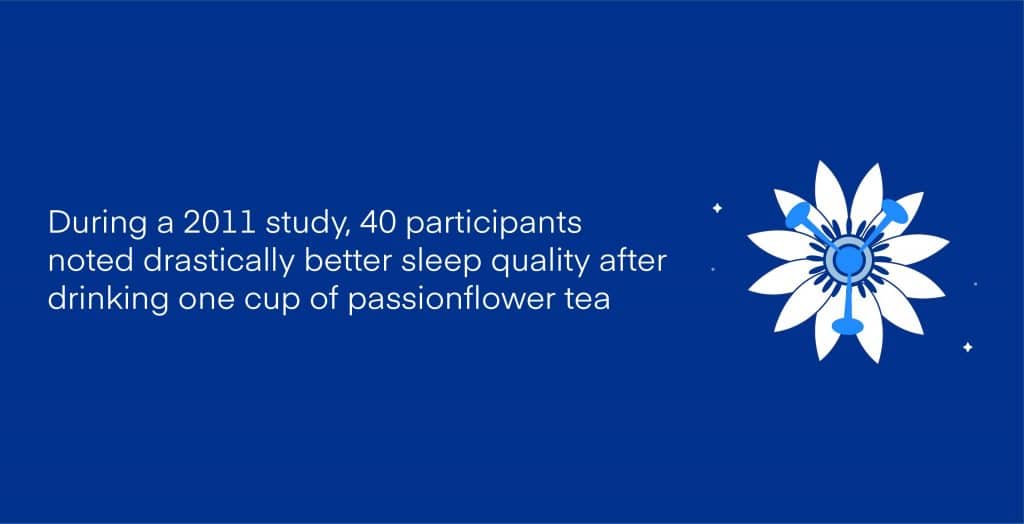
FAQs
When should you drink nighttime tea?
It’s best to drink sleep-inducing foods and drinks, such as herbal tea, at least 2 to 3 hours before bedtime. This way, your body has the time to digest it, and then you can reap the health benefits of your nighttime tea.
You can continue drinking tea up until you sleep. However, be cautious of drinking too much tea before sleeping as you may wake up at night to use the restroom.
Is drinking too much herbal tea bad for you?
Most people can drink about 3 to 4 cups of tea daily without any negative side effects. Also, most adverse effects are related to caffeinated teas, not herbal teas used as traditional sleep aids. Still, drinking too much tea frequently can cause anxiety, headaches, digestive issues, and worsen your sleep.
Some herbal teas can also make prescription medications less effective, so always speak to your doctor before drinking herbal tea regularly. Also, make sure to watch your consumption of herbal supplements and other sources, to limit any potential adverse side effects. Should you experience any side effects, stop drinking the tea and talk with your doctor.
Can I drink decaf tea for sleep?
We advise caution if you want to drink a decaf tea before bed. While it is better than drinking traditional black tea or green tea, decaf tea still has trace amounts of caffeine and is not wholly free of it. Therefore, if you’re particularly sensitive to caffeine or trying to eliminate it completely, you may want to stick with our herbal tea suggestions.
Still, decaf tea does contain various compounds, such as flavonoids and amino acids, that have a calming effect on the body. These compounds can help relax your mind and body, making it easier to fall asleep and improve sleep quality. To maximize the sleep-promoting benefits of decaf tea, we suggest drinking it about an hour or more before bedtime.
Can I do anything with old tea bags?
Yes, you can repurpose old tea bags in various ways. Firstly, you can reuse them to freshen up your home by drying them out and placing them in drawers, closets, or shoes to absorb unpleasant odors. Tea leaves, flowers, and roots act as natural deodorizers and leave your belongings smelling fresh.
They can also be added to homemade scented sachets or potpourri to give your home a pleasant aroma. Ones like lavender can even serve dual purposes as the best scents for sleep. Additionally, tea bags can be repurposed for beauty and self-care. Cool down tea bags and place them on your eyes to reduce puffiness and soothe tiredness. Or use tea bags as a natural face toner in your nighttime skin routine or added to your bath for a relaxing soak.
Are there any teas for sleep I should avoid if I’m pregnant?
If you’re pregnant and looking for teas to help with sleep, it’s important to be cautious and avoid certain ingredients that may not be safe during pregnancy. While herbal teas are generally considered safe, some herbs can have potential risks or may not have been extensively studied for their effects on pregnancy. It’s always a good idea to talk with your doctor before introducing any new herbal teas or supplements into your routine during pregnancy.
As a general recommendation, we suggest staying away from valerian root, licorice root, and herbal laxatives while pregnant.
Does milk help you sleep better?
Milk contains L-tryptophan and melatonin, two compounds connected to inducing sleep. Tryptophan is an amino acid found in protein-rich foods and helps produce serotonin, the neurotransmitter responsible for regulating your mood and sleep-wake cycles. Melatonin is the sleep hormone and helps regulate your circadian rhythm.
Drinking warm milk before sleeping may also have a placebo effect in that the warm beverage is comforting. This is particularly true if your parents fed you warm milk before bed when you were a child. This soothing memory subconsciously relaxes your brain at nighttime and helps you get to sleep. Feel free to try a twist on the idea and drink a protein shake before bed.
What is the most effective natural sleep aid?
If you’re not a fan of tea for sleep, you can always consume the capsule form of herbs such as chamomile, valerian root, and lavender. You can also try taking tryptophan, hops, or magnesium supplements since they contain sleep-inducing compounds.
Aside from ingesting certain herbs for sleep, you can also look to improve your sleep hygiene through common relaxation methods, such as a good book or a warm bath. Your bedtime routine should give you the chance to unwind and release worries, and you should shut down electronics to better promote sleep naturally.
What is the best food to eat at night?
Different foods contain a variety of nutrients and compounds to reduce anxiety, promote relaxation, and induce sleep. Foods that induce sleep include the following:
- Almonds
- Walnuts
- Turkey
- Salmon
- Kiwis
- Bananas
- Tart cherry juice
- White rice
- Oatmeal
- Whole-grain crackers
- Greek yogurt
When eating before bed, we recommend avoiding spicy, salty, or fatty foods because they can cause indigestion, acid reflux, and heartburn, thus making it harder to sleep.
Conclusion
The best bedtime teas include chamomile, lavender, and valerian root, among others. However, some may enjoy the taste of a fruit tea or a berry tea blend, or prefer a tea with a root vegetable base such as carrot or sweet potato. Remember to avoid caffeinated teas, even if it’s a low-caffeine green tea.
While tea isn’t guaranteed to give you the best sleep of your life, it can help induce sleepiness and relaxation. We suggest drinking tea alongside improving your sleep hygiene to promote high-quality sleep long-term.
About the author
April Mayer is a sleep expert and writer with a degree in exercise physiology. She has dedicated her career to exploring the relationship between sleep and productivity. Her insightful articles, such as "The Surprising Way Your Mood Might Be Messing With Your Productivity" and "Wake Up to More Productive Mornings," have been featured in reputable publications like Forbes, Greatist, Real Homes, Thrillist, Tom's Guide, and Eat This, Not That. With a passion for helping others lead more productive lives through restful sleep, April offers valuable expertise on foods and vitamins for better sleep. As a trusted member of the Early Bird team since March 2020, she continues to provide informative and well-researched content.
View all posts